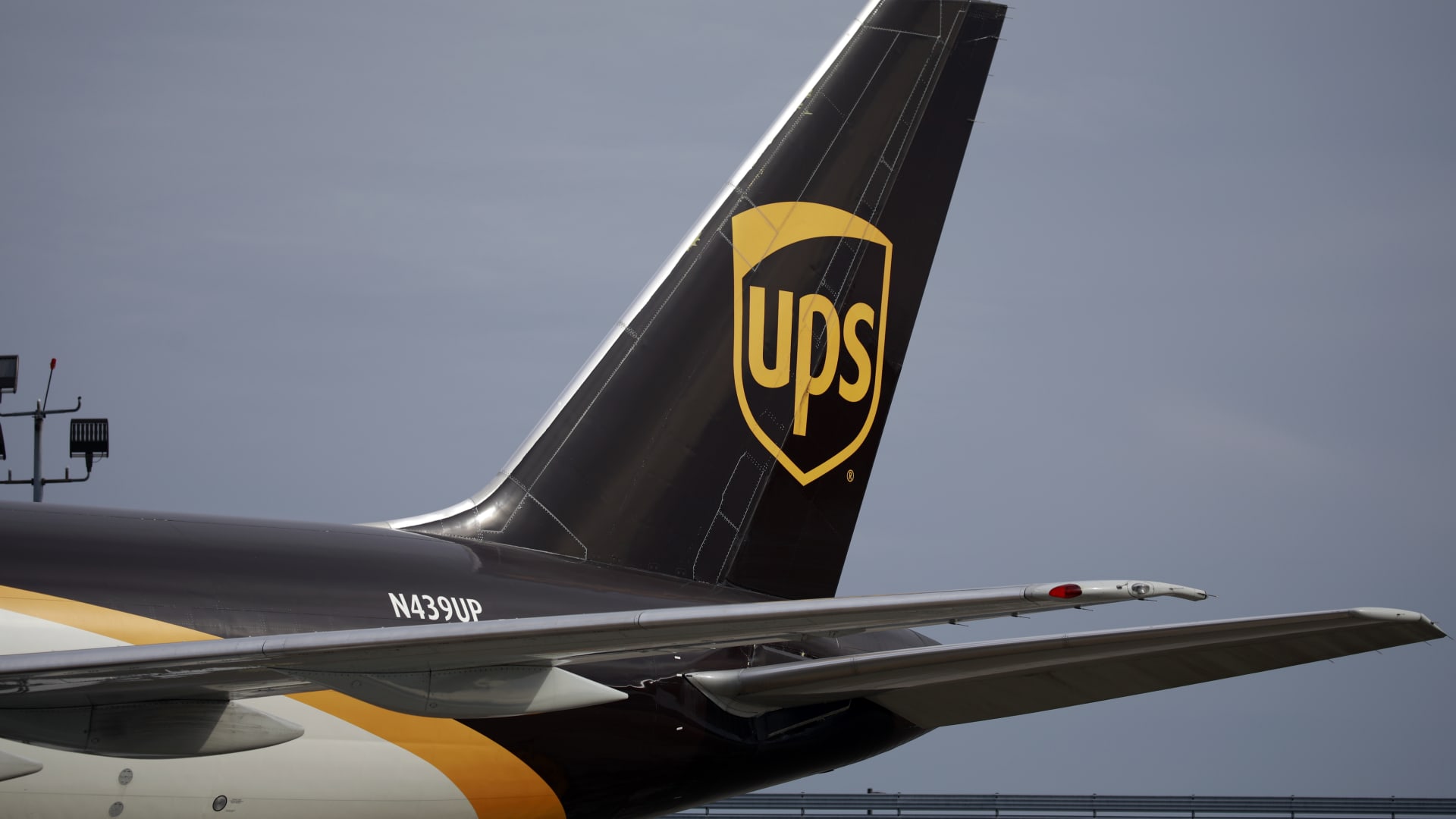The grounding of MD-11 aircraft after the deadly crash of a UPS plane earlier this month could boost air cargo rates during the peak holiday shipping season, with some capacity out of the market, but analysts aren’t expecting a big impact.
The Federal Aviation Administration on Nov. 8 prohibited flights of MD-11 planes, less than a week after a Honolulu-bound UPS aircraft crashed moments after takeoff from Louisville Muhammad Ali International Airport in Kentucky, killing the three crew members and 11 people on the ground.
Earlier this week, the TAC Index, which tracks air freight rates around the world, said the Baltic Air Freight Index gained more than 4% in the week ended Nov. 17 and that was it up 2.4% last week compared with the same period last year.
“While it is normal for rates to rise ahead of the Thanksgiving holiday in the US and Christmas in Europe, sources suggested they had been given an added boost after the grounding of all MD-11 freighters following a fatal crash in Louisville earlier this month,” it said in a note.
UPS and FedEx each said they were grounding the aircraft, which make up 9% and 5% of their fleets, respectively, according to a Bank of America note.
FedEx did not immediately respond to a request for comment.
UPS said after the crash that it has contingency plans in place to continue providing service.
“We made this decision proactively at the recommendation of the aircraft manufacturer,” UPS said on Nov. 7. “Nothing is more important to us than the safety of our employees and the communities we serve.”
In a Friday statement to CNBC, UPS said the company has not instituted any additional peak season surcharges as a result of the grounding of its 26 MD-11s. Instead, the company said it has secured additional aircraft for its fleet, similar to the leased planes that it procures for the peak season, and has consolidated flight routes to maximize air capacity.
“We have reconfigured our ground network, adding additional capacity to move more packages,” a UPS spokesperson told CNBC. “Our contingency plans give us assurance that we’ll continue to effectively move volume and deliver for our customers now and throughout peak season.”
On the company’s most recent earnings call, which occurred before the fatal crash, CEO Carol Tomé said early forecasts from its top 100 customers signaled the peak season would have a “considerable surge in volume.”
Still, because UPS has begun to phase out its work with Amazon, previously its largest customer, Tomé added that the decrease in Amazon volumes means the total peak season average daily volume in the U.S. will be down year-over-year.
Stifel predicted in a note on Wednesday that the operational and financial impact of the grounding would be “minimal.”
“Importantly, aircraft will be back flying once approved individually, rather than the entire MD-11 fleet awaiting a singular ruling, and the FAA can effectively deputize outside parties to effectuate the inspections, which have already begun, according to management,” the Stifel analysts wrote.
Air cargo volumes in October rose 4% year-over-year, with cargo supply growing an average of 3% year-over-year in the past four weeks, Bank of America said in a note Monday. The analysts said any potential disruption from the grounding was not immediately clear, but that, overall, it expected a more muted holiday shipping season compared with the past two years.
The National Transportation Safety Board, which is leading the investigation into the UPS crash, said the left engine of the jet detached from the wing during takeoff before the plane crashed into a series of businesses just outside of the airport.
In its preliminary report it released Thursday, the NTSB said it found evidence of fatigue cracks in the jet, as well as areas of overstress failure.
Though UPS is headquartered in Atlanta, the Louisville airport is home to its largest global package handling facility.
The crash occurred during the country’s longest government shutdown, which promoted disruptions to air travel due to shortages of air traffic controllers. It also limited some cargo flights. Both commercial and dedicated freight companies carry packages and other goods.
During the shutdown, Treasury Secretary Scott Bessent told ABC News that the slowdown in cargo could lead to shortages around the holiday. The shutdown officially ended last week, and air travel disruptions have largely dissipated.
